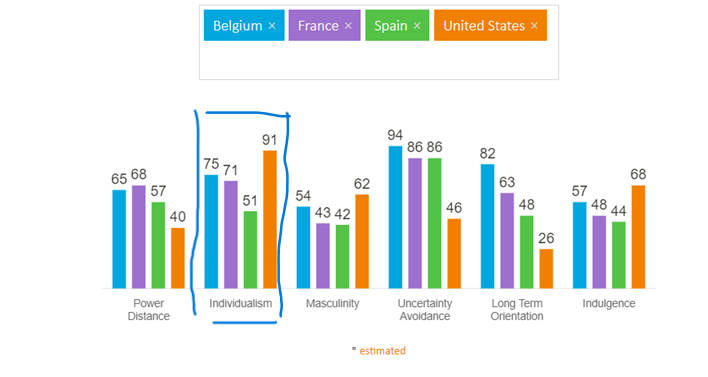Bypassing the hiring process can work, but it is not always advisable
There is a story in Greek mythology of Hydra, a monster with many heads and deadly poisonous breath. For every head chopped off, the Hydra would regrow two heads and the only way to deal with this was with swords and fire.
We have a modern equivalent on social media with re-occurring recruitment myths which just never seem to go away. My sword is in for a service and the fire option is not really practical online. I will only set fire to my computer.
Despite factual rebuttals, like Hydra the same old tropes resurface multiple times within weeks. The old favourites are cover letters (depends) and hand written thank you cards (no.) But a less popular, but stlll misinformed and reoccurring myth is this:
By passing the recruitment process and going directly to the hiring manager is the way to go.
My own experience
Processes are important. This is a small anecdote but illustrates a point well. In a recent search I monitored how candidates tried to reach me. I specified on the profile that contact should be via my email address. Which I gave, as I would.
This is what happened:
- Another email address was used
- I received DMs via LinkedIn messaging
- A What’s App text
- A What’s App audio
- SMS
- Twitter DM.
Did I get them all? I hope so, but did it do them any favours? No – just extra work for me.
These are the same people who may complain that they have been ghosted.
Advantages of bypassing the hiring process
In some environments I can see that there could be advantages of going directly to a hiring manager. In cultures which recognise and reward individualism (e.g. U.S.) it would be well received and seen as dynamic and taking initiative.
But it is not always the case. In my terms and conditions any CVs received by the organisations are put into the system so that all candidates are treated equally. This helps to avoid the bias found in the referral system and also nepotism. The CEOs daughter’s, boyfriend’s niece and so on. You know the story.
Check out the highlighted section for indvidualism in the Hofstete Cross Cultural Comparisons and you can see the range of cultural differences from Spain to the U.S. Even in Belgium where networking plays a strong role to raise visibility around the large political institutions, individualism comes in at 16 points lower than the U.S
A contact ethusiastically followed the advice of an American pundit when applying for a job in a Spanish company. It backfired horribly, and if you look at the chart above you can see why that might happen.
Why does it seem attractive?
- It can be faster. Bypassing the hiring process and going straight to the hiring manager can produce a faster decision. This is great in flat organisations, start-ups or small companies. In strongly hierarchical companies, with strict protocols and policies, this will not work at all.
- Deeper insights: Hiring managers would be better informed and you might gain some additonal information.
- Personal contact: Can increase your visibility and contribute to building a relationship with key people outside the system.
- Greater focus: Hiring managers may getter a better sense of who you are and feel better connected.
- Improved chances: In some situations your chances of being successful are increased.
The downsides of bypassing the hiring process
Bypassing the hiring process and going directly to the hiring manager is not always advantageous for the following reasons:
- Inability to follow instructions: which may raise some red flags. Not all cultures reward individualism like the U.S. for example (see above chart) and it could go against you.
- Lack of professionalism: Bypassing the hiring process can come across as unprofessional and may even hurt your chances of getting the job. See point 1.
- Lack of time: hiring managers are busy which is why they have H.R. departments. They may not even see it or their admin will bounce it down to H.R. anyway. You may be seen as nusiance.
- Risk of alienating those involved in the process.
- Miss out on future opportunities if this application doesn’t work out.
So, as in alll of these multi-facted questions, the real answer is…. it depends. And that is the hard part, knowing when you can try and work around the system and whether it will go in your favour, or against.
Talking to people in your target organisation to gain an understanding of the culture can help you figure out if these efforts will be appreciated…. or not.
If you need support for your job search get in touch NOW!






